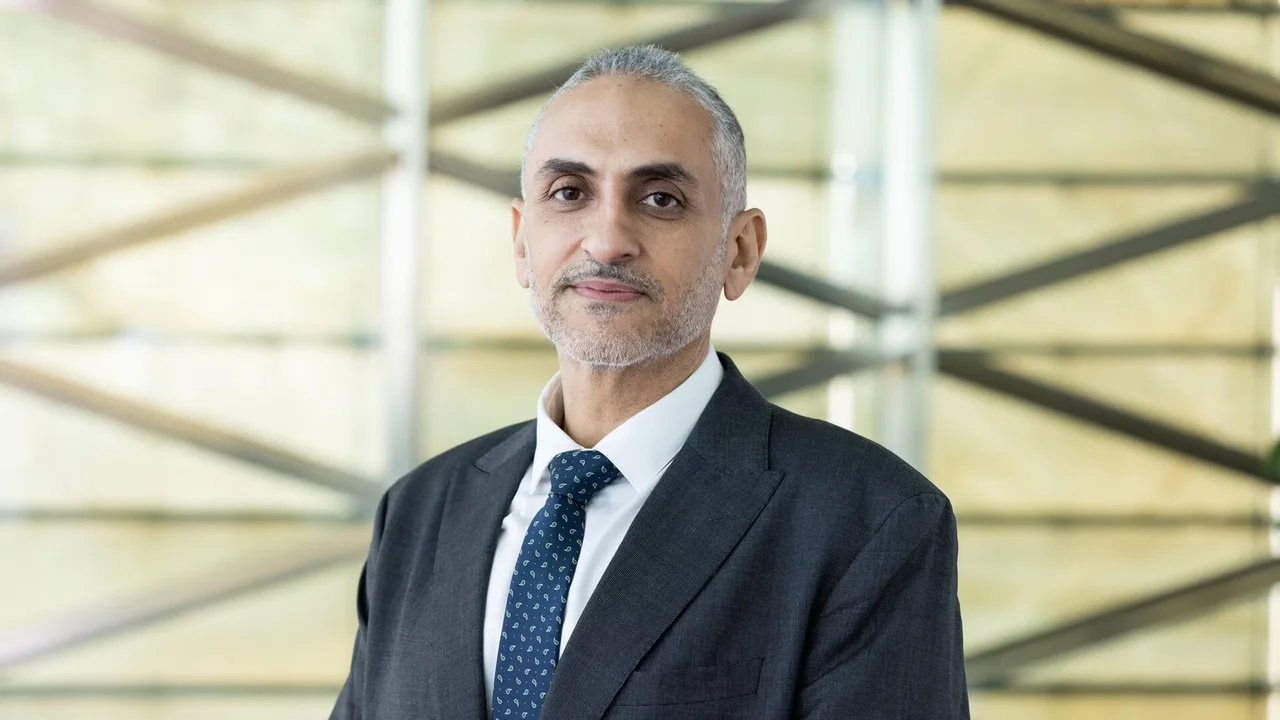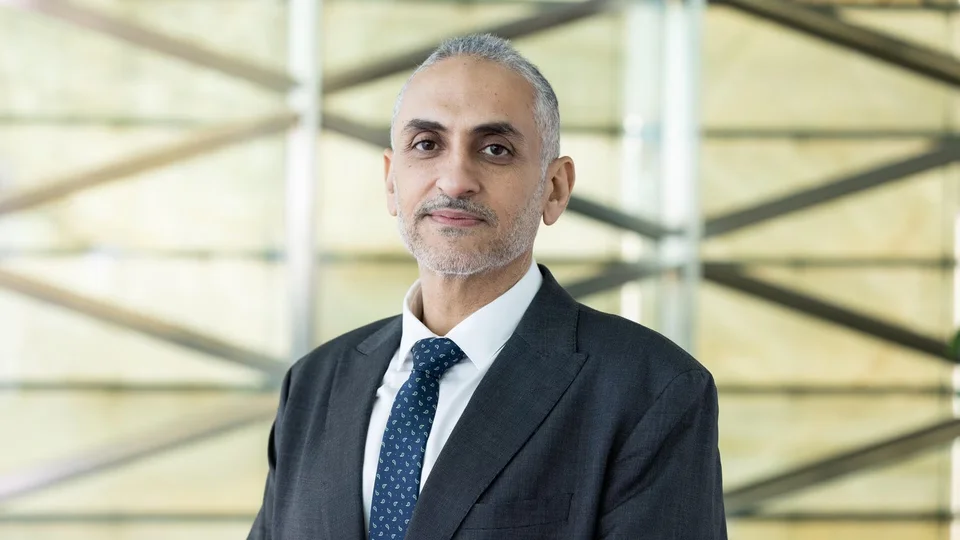
Shehab Ahmed
- Professor, Electrical and Computer Engineering
- Principal Investigator, Mechatronics and Energy Systems
Professor Shehab's research focuses on power electronics, renewable energy integration and electric vehicle technologies. His work explores innovative solutions for efficient energy conversion, power management within smart grids, and the development of sustainable transportation systems.
Biography
Shehab Ahmed is a professor of Electrical and Computer Engineering (ECE) at KAUST, a position he has held since August 2018. He is affiliated with the Physical Science and Engineering (PSE) Division. Professor Ahmed first joined KAUST in 2010 as a visiting assistant professor in the PSE Division, and has since become a key contributor to the University's research landscape.
Beyond his work at KAUST, Shehab Ahmed held various academic roles at Texas A&M University at Qatar (TAMUQ). His tenure included serving as Associate Professor from 2013 to 2018, Assistant Professor from 2007 to 2013, and earlier as a Research Assistant from 1999 to 2002. In parallel with his academic career, Ahmed spent seven years as an electrical engineer at the Schlumberger Integrated Productivity and Conveyance Center in the U.S., where he applied his expertise in real-world engineering challenges.
Ahmed is the author of more than two hundred highly cited publications. He is also the recipient of prominent awards, such as the TEES Engineering Genesis Award, the ARC Best Research Project (2016) and the TAMUQ Faculty Research Excellence Award.
He received his Ph.D. and M.Sc. in Electrical Engineering from Texas A&M University, U.S., in 2007 and 2000, respectively. Ahmed obtained his B.Sc. in Electrical Engineering from Alexandria University, Egypt, in 1999.
Research Interests
Professor Ahmed’s research interests span the broad areas of power conversion and mechatronic systems. He specializes in distributed/renewable power generation, utility power conversion, microgrid energy management/storage, hybrid/electric vehicle drivetrains and high-voltage DC systems.
Among Ahmed’s goals are enhancing drilling operations, improving wellbore integrity assessment and supporting successful wireline conveyance.
Awards and Distinctions
- TEES Engineering Genesis Award, 2016
- TAMUQ Faculty Research Excellence Award, 2016
- TAMUQ ECEN Best Faculty Research Award, 2016
- QNRF Best Research Project Award, 2015
- Dean's Fellow for Industry Research Partnership, 2016
- Best Student Advisor of the year, SWE (Society for Women Engineers) student organization at Texas A&M University at Qatar, 2013
- Fifth place for the outstanding research project from the Qatar National Research Fund for the Undergraduate Research Program Competition, 2013
- Best Poster, the World Congress on Engineering Education organized by Texas A&M University at Qatar , 2013
- ECEN Faculty of the Year, 2013
- Faculty Appreciation Award, The graduating seniors of Texas A&M University at Qatar, 2012
- The AIChE Chapter Appreciation Award, Texas A&M University at Qatar, 2007
- Postdoctoral fellowship, US Environmental Protection Agency, 2002
Education
- Doctor of Philosophy (Ph.D.)
- Electrical Engineering, Texas A&M University, United States, 2007
- Master of Science (M.S.)
- Electrical Engineering, Texas A&M University, United States, 2000
- Bachelor of Science (B.S.)
- Electrical Engineering, Alexandria University, Egypt, 1999
Quote
By 2030 more than 60% of the world population will reside in cities. As the population pressure continues to grow, it’s becoming of paramount importance to develop a new vision for managing the energy and the services that this population will require.
Research Achievements
Professor Shehab is the author of more than two hundred highly-cited publications. Professor Shehab the recipient of prominent awards, such as the recent TEES Engineering Genesis Award, ARC’16 Best Research Project and the TAMUQ Faculty Research Excellence Award.
Questions and Answers
Why KAUST?
I discovered KAUST during my first period as a visiting professor, in 2010, and I felt immediately inspired by the vision behind the creation of this university. Science, as a trigger for economic improvement, environmental preservation, and human betterment, is a powerful idea that very few nations dared to address in such a thorough manner and with such clockwork precision. KAUST is where vivid and audacious dreams come to life thanks to a supportive environment and the collaboration of brilliant minds.
